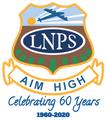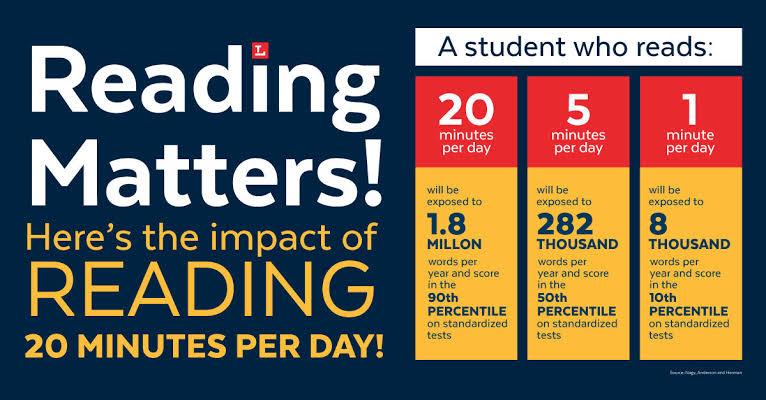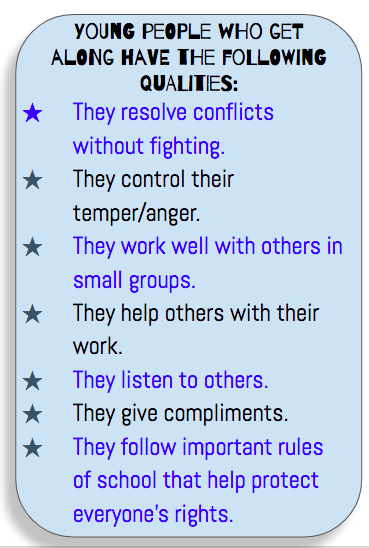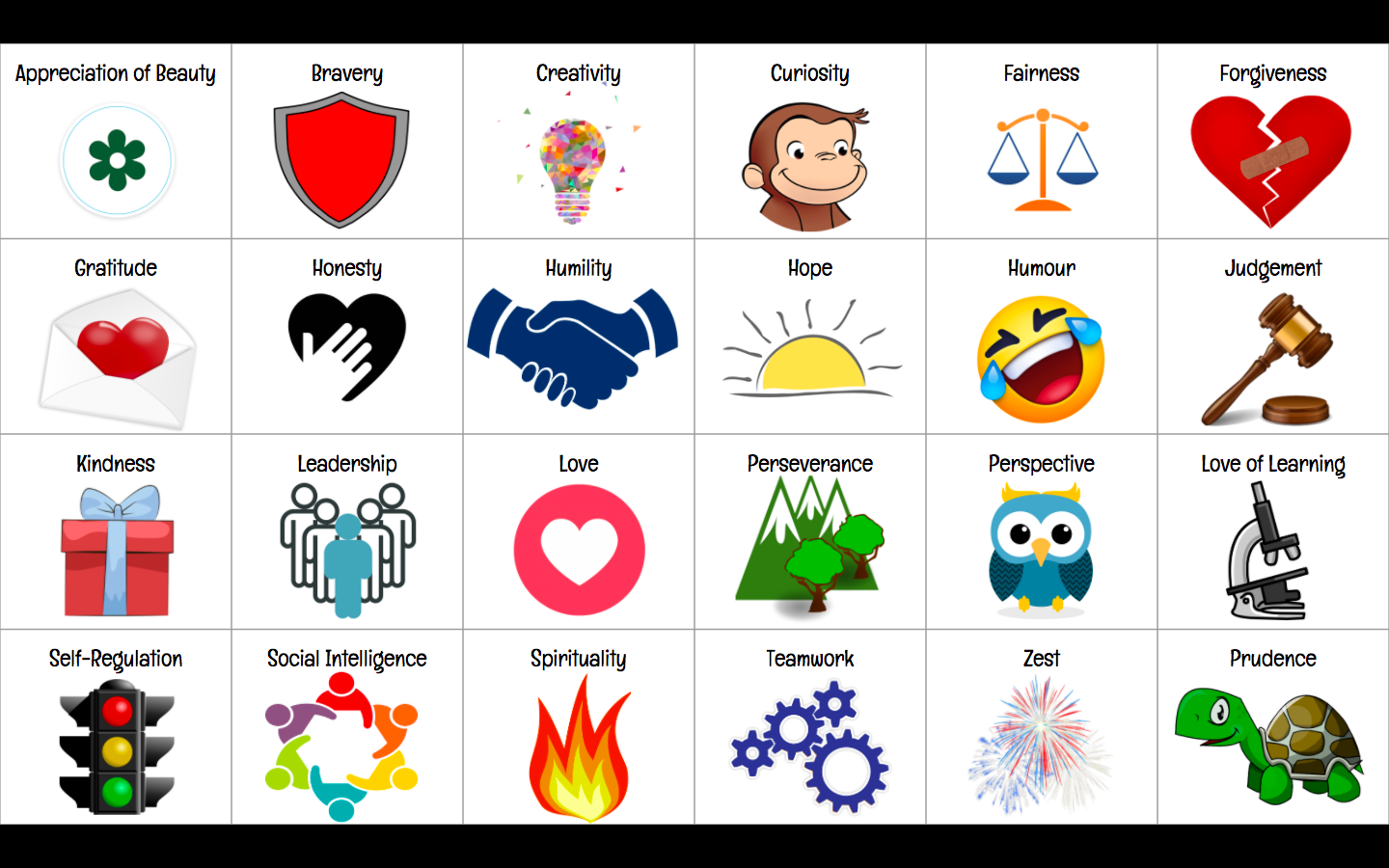Essential Learnings & Applications
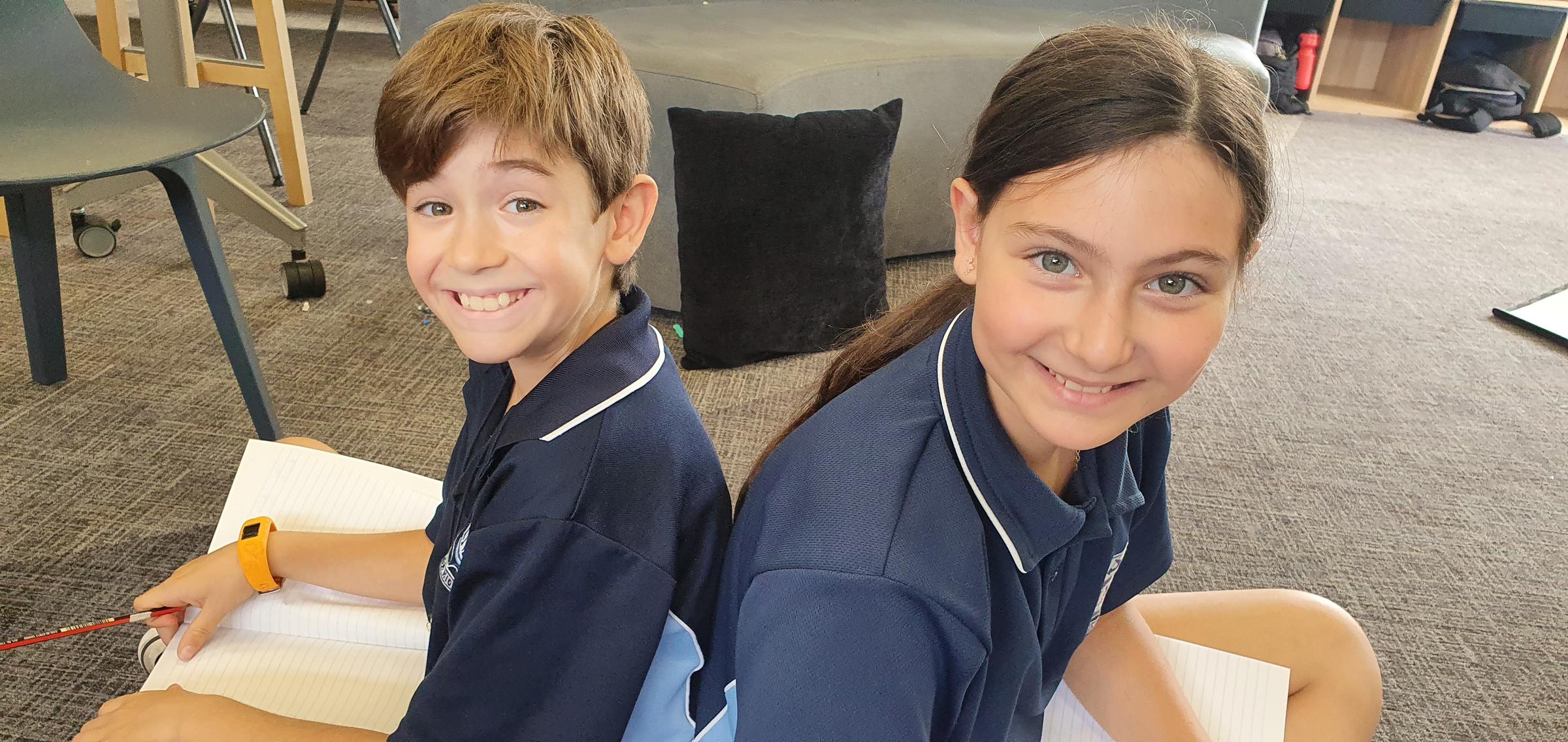
English
The explicit teaching of English incorporates Writing, Vocabulary Development, Reading and Viewing as well as Listening and Speaking with the focus on learning how to use the English language to effectively communicate for a variety of purposes. Skills taught in English are also embedded across all other curriculum areas.
WRITING
Writing skills are addressed in multiple ways. As a text type is explored (e.g. persuasive), students develop knowledge and understanding of the structure, grammar and specific vocabulary required of that particular text type. The essential skills of writing (punctuation, sentence structure, vocabulary use and text control) will continue to be a focus during English blocks / workshops, with students then given the opportunity to apply their knowledge and communicate, through writing, in practical contexts. Students will also be reviewing various forms of texts and media throughout the year.
Proofreading and editing of written work is explicitly taught with a focus on punctuation and grammar. It is an expectation that students take greater ownership and responsibility for this as they near the end of their primary schooling. Timed Writing sessions provide students the opportunity to improve their skills by responding to a variety of prompts with foci on accurate sentence and text structure, and the selection of precise vocabulary.
VOCABULARY DEVELOPMENT AND SPELLING
Students work on developing strategies which writers need when working out how to spell words to enable them to become proficient spellers. These strategies include knowing what words mean, how they sound, how they change form and where words come from. These strategies are referred to as the Four Spelling Knowledges: Phonological, Visual, Morphemic and Etymological.
Students participate in targeted workshops, meeting their particular spelling needs, in which they inquire into words to find patterns and generalisations allowing them to develop strategies to spell and understand large numbers of words.
Through all subject areas, students focus on developing a broad vocabulary in order to be able to express themselves in a precise and, where appropriate, technical manner. Vocabulary development is vital to academic success.
READING
Reading comprehension strategies are developed to empower students to be successful across the curriculum. Students engage in many different reading activities in order to strengthen their abilities to comprehend and make connections to texts involving ‘HERE’, ‘HIDDEN’ and ‘HEAD’ information. As comprehension strategies improve, emphasis is placed on key skills of summarising and drawing conclusions. Opportunities to respond to literature are also provided through class novels, guided texts and personal texts.
LISTENING AND SPEAKING
Listening and speaking skills are developed through class participation, peer feedback, assembly presentations, Year 7 Graduate speeches and scheduled planned oral presentations. Students are supported to contribute their ideas and elaborate upon their thinking in order to justify their points. Students participate as active audience members by providing effective feedback to their peers. This aspect of our English curriculum is vital and although students may be nervous, it builds confidence and self belief so all students feel reassured and supported.
Mathematics
Learning Mathematics is an active process where students build their own mathematical understanding through interaction with the ideas they hold and alternative ideas held by others. Students will be encouraged and supported to take risks and will learn to persevere with new or different and more efficient ways of thinking and solving problems, and will understand that mistake making is an important part of their learning.
Students will continue to develop understanding of the algorithms for addition, subtraction, multiplication and division and will explore, and apply, a range of written and mental strategies for computation to solve multi-step problems with a focus on real-life applications for measuring lengths, heights and distances travelled as well as mass, capacity and volume.
Opportunities are provided to solidify and develop understanding of concepts related to place value, fractions, decimals, percentages and the representation and analysis of data. The way we programme learning ensures students have repeated opportunities to revisit concepts which supports those who need multiple exposure and repetition. Those who have mastered a concept have opportunities to apply and stretch their learning in a variety of ways.
Understanding, fluency, problem-solving and reasoning are an integral part of mathematics across the three content strands: number and algebra, measurement and geometry, and statistics and probability.
Understanding - the skills involved include making connections, comparing and ordering, describing and identifying.
Fluency - the skills involved include choice, selection and estimation.
Problem-solving - the skills involved include formulating questions and finding authentic problems.
Reasoning - the skills involved include investigation, interpretation, justifications and building onto own learning.
Although strategies that students use may be different to families methods of computation, it is important to value these differences and aim towards efficiency and to be able to justify why they chose a particular strategy.
Multi-Disciplinary Inquiries
In order to provide rich opportunities for our students to apply their learning in meaningful ways, Fisher students will be involved in many projects this semester which will see multiple subjects combined during inquiries. This will enable students to make links between their learning experiences and ensure their efforts have an impactful purpose.
All of our multidisciplinary inquiries will see students applying many literacy and numeracy skills and understandings in practical ways and will be designed to ensure all essential aspects of the curriculum are addressed. Many concepts will recur over the course of the year to ensure students have multiple exposures in order to embed new learning and apply it in new contexts.
Year 4/5 HASS
Year 4/5 students will be inquiring into the question, How has the past impacted our present and future? This combines cross-curricular elements from HASS, Science, English, Technologies and Maths. Students will travel through a timeline of South Australian history, identifying the significance of events and actions in bringing about social, environmental and cultural change.
The content provides opportunities for students to develop humanities and social sciences understanding through key concepts including significance; continuity and change; cause and effect; place and space; interconnections; roles, rights and responsibilities; and perspectives and action.
Year 6 HASS
Civics & Citizenship
- What does it mean to be an Australian Citizen?
- How is Australia a diverse society?
These inquiry questions will allow students to examine Australian citizenship and reflect on the rights and responsibilities that being a citizen entails (citizenship and identity), whilst also exploring the obligations that people may have as global citizens (citizenship, diversity and identity).
History
- Who were the people who came to Australia? Why did they come?
- Why and how did Australia become a nation?
- What contribution have significant individuals and groups made to the development of Australian society?
- How did Australian society change throughout the twentieth century?
During this inquiry students will learn about the way of life of people who migrated to Australia since Federation and their contributions to Australia’s economic and social development (significance, empathy). In learning about Australia as a nation, students will compare a range of sources to determine points of view (sources, perspectives).
Year 7 HASS
Place and Liveability
Students will discuss factors that influence people’s perceptions of the liveability of places. They will investigate features and characteristics of places across a range of scales that support and enhance wellbeing such as community identity, environmental quality and access to services and facilities. Students will assess the liveability of places and propose strategies to enhance the liveability of a place in Australia.
Water in the World
What effect does the uneven distribution of resources and services have on the lives of people?
What approaches can be used to improve the availability of resources and access to services?
Throughout this inquiry students will be developing questions, collecting information from reliable sources, organise, analyse and represent different information and data. They will know current environmental challenges and understand the impact of our actions. Our camp to the Yorke Peninsula aligns strongly to this unit.
The Arts & Technologies
This year, Fisher students will take part in a range of Arts and Technologies - Dance, Music, Drama, Design and Technology, Media, Visual Arts and Digital Technologies. This is a great chance for students to try things they may have never done before, have some fun as well as develop new skills and abilities.
Choir
The LNPS Festival Choir has met twice this year - what a beautiful sound already! Detailed information will be sent home in week 4 to students who wish to commit to Choir for 2021. Rehearsals are held on Mondays from 1:15-2:15pm. This year's choir commissioned work - “Water is Life” - was written by composer and ex-LNPS student, Glyn Lehmann.
We are calling for any year 6/7 students who are interested in auditioning to be a host at the Festival of Music in September. This is a fantastic opportunity to build confidence writing scripts and speaking in front of a large audience. You DO NOT need to be a choir member to audition. For more information, please see the flyer below. Speak to Mrs Barker if you are interested or have any questions.
Health & PE
Students will receive one 50 minute Physical Education lesson and one 50 minute Health lesson each week. Our programme aims to develop students' knowledge, understanding and skills to create opportunities and take action to enhance their own and others' health, wellbeing, safety and physical activity participation.
The main areas of focus during Health programmes are:
BEING HEALTHY, SAFE AND ACTIVE
COMMUNICATING AND INTERACTING FOR HEALTH AND WELLBEING
CONTRIBUTING TO HEALTHY AND ACTIVE COMMUNITIES
Students will be investigating and selecting strategies to promote health, safety and wellbeing. They will explore concepts of identity, values and choices to understand how they impact on and contribute to overall wellbeing. Concepts will be explored through topics around nutrition, mental health and physical activity.
Program Achieve
Students will participate in 'Program Achieve' as part of our Health inquiry. Activities include investigations into relationships, values, character strengths and getting along skills. These support students in building a sense of community, respectful relationships with all Fisher members and set goals around building 24 character strengths. Students will also be placed into different groups to foster successful team building.
We encourage all students to incorporate this learning with their families. What are your strengths? Are they similar within your family?
Year 4/5 Bike Ed
This term our school will be participating in the Department of Planning, Transport and infrastructure's Way2Go Bike Ed program. It is a practical program for students from year 4-7 delivered by qualified instructors. Through participating in Way2Go Bike Ed students:
- build their knowledge and understanding of the road laws and traffic environments
- develop bike handling and maintenance skills
- develop decision making skills for off and on-road bike riding
- Each student will participate in 6 sessions, during school time in February and March. There is no cost for these sessions.
- (Thursday 11/2, 18/2, 25/2, 4/3, 11/3 &18/3)
The main areas of focus during Physical Education lessons will be:
LEARNING THROUGH MOVEMENT
UNDERSTANDING MOVEMENT
MOVING OUR BODY
Students will be engaged in a broad range of physical education activities. They will learn about the importance of good sportsmanship, teamwork and develop skills to play individual and team sports.
In the beginning of the term, students will have a focus on invasion games including Floorball and Lacrosse. In the second half of the term, lessons will have an athletics focus, particularly field events, in preparation for District Day, and later our own Sports Day..
From time to time additional sporting clinics will be conducted by visiting specialist sports development officers.
Students will be notified of any upcoming SAPSASA events or trials by Mr Starr, Ms Patterson and Mr Smith. Students will be provided with relevant documentation if interested in participating. These documents will be placed on the (Fisher Chatter Google Classroom) for all Fisher students have access to this.
